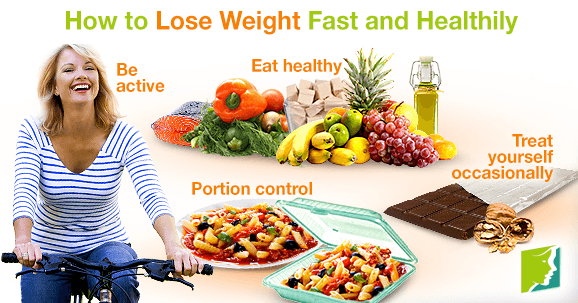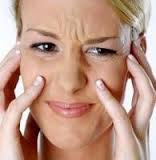Stress reliving strategies without drug use

Try using stress reliving strategies without drug use and enjoy the fruits
Stress reliving strategies without drug use: Healthy living
A time has come when we must do what it takes to ensure that we eliminate all the stressors out of our lives if we are to keep healthy. For instance you may feel like doing drugs is the only way to handle unpleasant feelings, that feeling is very common and you are not the only one feeling that way. The truth is doing drugs will only land you into being more stressed. Instead you can learn to get through such difficulties without falling back on your addiction. Different quick stress relief strategies work better for some people than others. The secret is to find the one that works best for you, and helps you calm down when you’re feeling stressed and overwhelmed. When you’re confident in your ability to quickly de-stress, facing strong feelings isn’t as intimidating or overwhelming. The following tips can be helpful to you in reducing stress:
- Exercise releases endorphins, relieves stress, and promotes emotional well-being. Try running in place, jumping rope, or walking around the block.
- Step outside and savor the warm sun and fresh air. Enjoy a beautiful view or landscape.
- Yoga and meditation are excellent ways to bust stress and find balance.
- Play with your dog or cat, enjoying the relaxing touch of your pet’s fur.
- Put on some calming music.
- Light a scented candle.
- Breathe in the scent of fresh flowers or coffee beans, or savor a scent that reminds you of a favorite vacation, such as sunscreen or a seashell.
- Close your eyes and picture a peaceful place, such as a sandy beach. Or think of a fond memory, such as your child’s first steps or time spent with friends.
- Make yourself a steaming cup of tea.
- Look at favorite family photos.
- Give yourself a neck or shoulder massage.
- Soak in a hot bath or shower.
Stress reliving strategies without drug use: Keeping triggers and cravings to check
While getting sober from drugs is an important first step, it’s only the beginning of the recovery process. Once sober, the brain needs time to recover and rebuild connections that have changed while addicted. During this time, drug cravings can be intense. You can support your continued sobriety by making a conscious effort to avoid people, places, and situations that trigger the urge to use drugs like for instance:
Make a break from old drug buddies – be careful when choosing friends after healing from drug abuse. Desist from hanging out with old friends who are still doing drugs. Instead chose to surround yourself with people who support your new life of sobriety and not those who tempt you to slip back into old habits.
Avoid bars and clubs – keep distance from all social places like bars and clubs even if you don’t have a problem with alcohol. Remember that drinking lowers inhibitions and impairs judgment, which can easily lead to relapse. Drugs are often readily available and the temptation to use can be overpowering. Also avoid any other environments and situations that you could easily associate with drug use.
Use caution with prescription drugs – Stay away from prescription drugs with the potential for abuse or use only when necessary and with extreme caution. Drugs with a high abuse potential include painkillers, sleeping pills, and anti-anxiety medication.
Finally keep regular visits to your health provider for periodic assessment. This is very important because it help you know if there is any symptom of other infection that needs to be addressed before they escalate into chronic problems. Experts at AWAREmed Health and Wellness Resource Center under the able leadership of doctor Dalal Akoury are very much available to helping you get the best no matter your situation. All you need to do is to schedule for an appointment with doctor Akoury today and you will live to tell the story of great recovery.
Stress reliving strategies without drug use: Healthy living
http://www.awaremednetwork.com/




